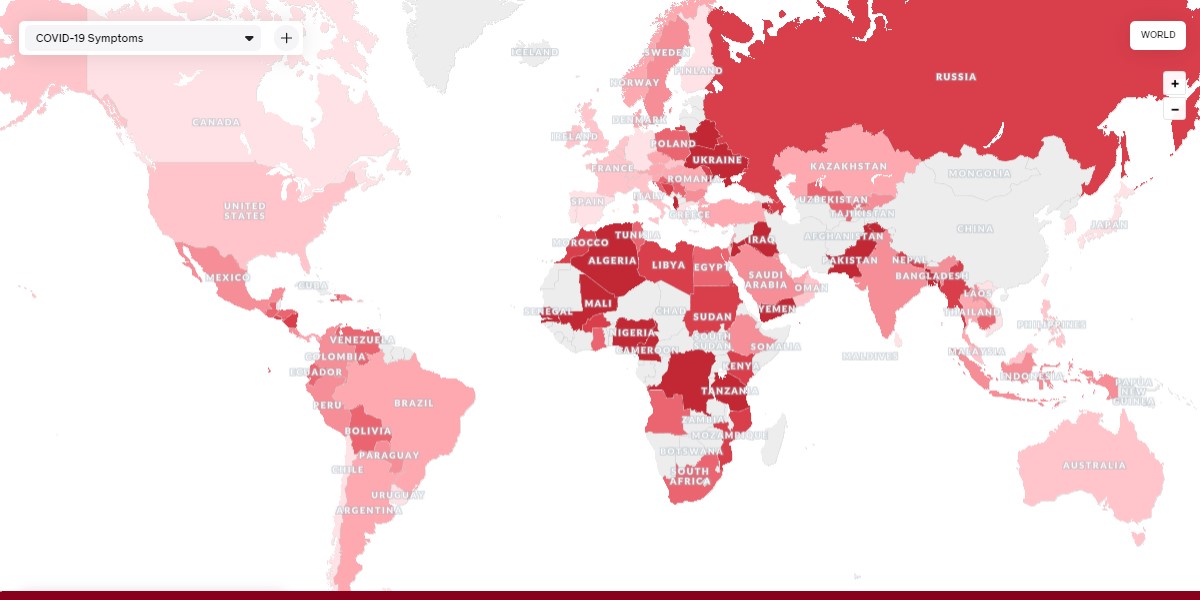Data shared by 30M+ Facebook users world-wide will enable earlier detection of COVID-19 outbreaks, help communities to prepare, inform policymakers, and reveal patterns in effective preventative measures.

COLLEGE PARK, MD. – Social data researchers at the University of Maryland Social Data Science Center (SoDA) and Carnegie Mellon University Delphi Research Group have forged a unique partnership with social media giant Facebook to predict the spread and future hotspots of COVID-19 as well as identify patterns in preventative measures – allowing for earlier detection of outbreaks and helping public authorities to respond to the pandemic.
In an op-ed from Facebook’s founder and CEO Mark Zuckerberg, released earlier this year, Zuckerberg addresses the global challenges societies face before they can safely reopen and “how better data can help governments determine where to send resources such as ventilators and personal protective equipment.” As the most widely used social media platform in the world, Facebook is uniquely positioned to help gather this data.
Under the leadership of SoDa and the Delphi Group, the voluntary and anonymous International COVID-19 Symptom Survey was launched earlier this year. Facebook shares a link to a survey* conducted by CMU and UMD, which asks individuals about their COVID-19 behaviors and resources, such as testing availability, mask usage, and symptoms. To-date, 30+ million Facebook users from over 200 countries have participated in the survey.
Through global and national (US) geographic data visualization tools, the aggregate information can be seen alongside data such as the number of cases, number of deaths, and frequency of COVID-19 google searches by residents, providing a more holistic view of the COVID-19 pandemic.
The SoDA and Delphi teams are currently focusing their efforts in understanding mask usage trends and correlations to COVID-19 case rates. Face masks have been identified as one of the most crucial measures to slow transmission and have been a cornerstone of recommendations and policy, yet data available on usage has previously been minimal. Global (SoDA) and domestic (Delphi) early findings have been posted indicating a positive correlation between mask use and reduced spread.
The insights produced through this partnership will aid researchers, health organizations, and governments in responding to the COVID-19 outbreak, slowing the spread, and beginning to plan for recovery. The aggregate survey data from UMD and CMU is publicly available and the individual-level non-aggregate data is available to researchers and nonprofits upon request.
*Facebook does not have access to the raw data shared by survey respondents
Summary Implications:
- Provide better data to advise the decisions of the public and policymakers
- Find correlations between mask use and rate of cases on national and global scales
- Provide precise data to researchers to aid in COVID-19 prevention and recovery
For more information or to schedule an interview, please contact:
- US Data & Implications: Dr. Alex Reinhart, Carnegie Mellon University, areinhar@stat.cmu.
edu - Global Data & Implications: Dr. Frauke Kreuter, University of Maryland, fkreuter@umd.edu